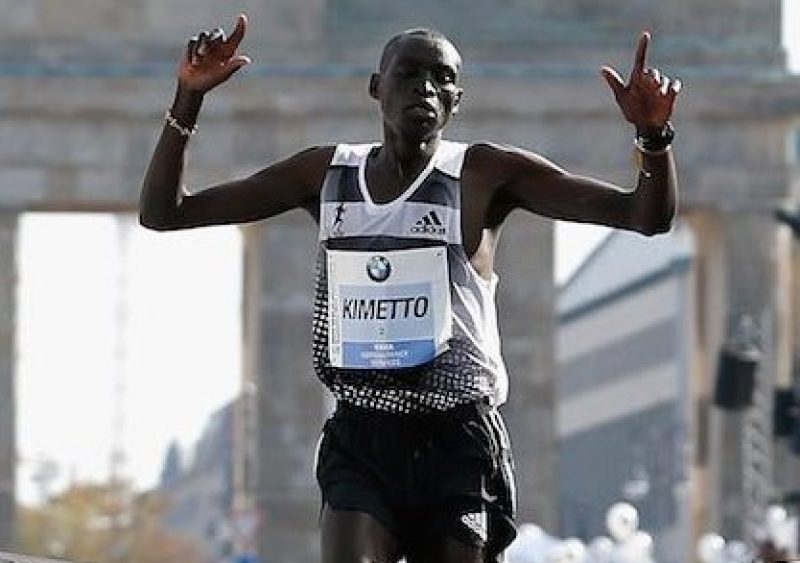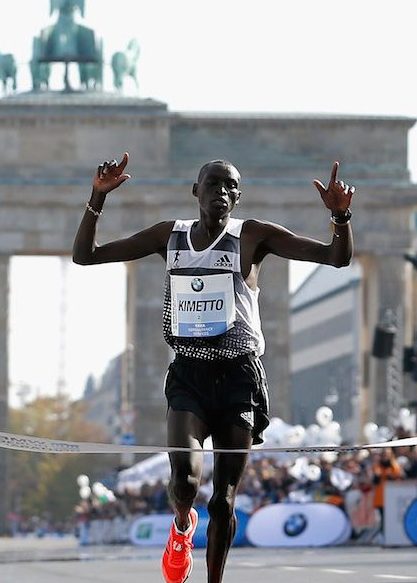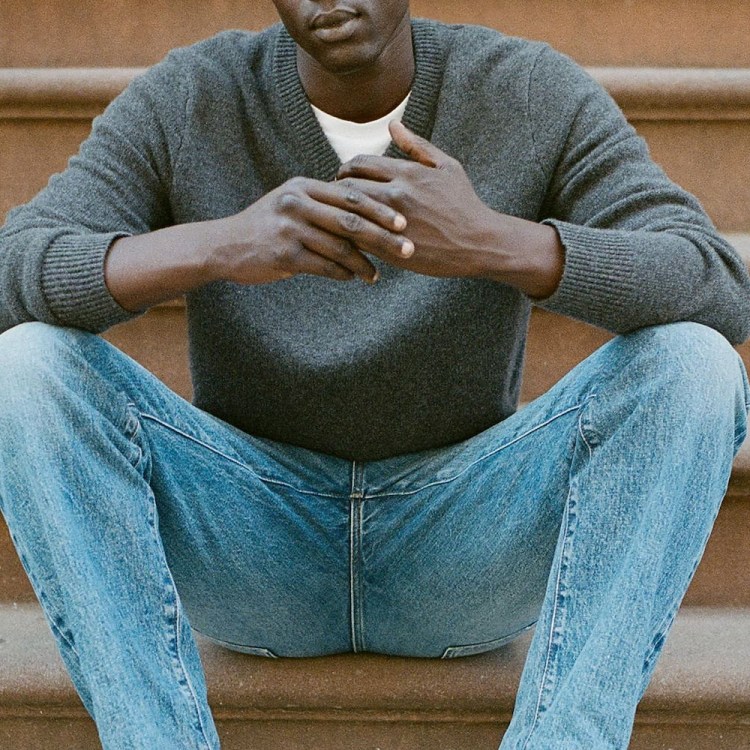
In 2014, Kenya’s Dennis Kimetto completed a marathon in two hours, two minutes, and 57 seconds. This is, by any standard, a ridiculous pace. (He averaged a sub-five-minute mile for 26.2 miles. Yes, that is something most of us would struggle to ever achieve.) Yet people want to go faster. Much as Roger Bannister became a legend by becoming the first man to run a mile in under four minutes, there is a determination to have a man run a marathon in less than two hours. Whoever does it will have every possible advantage, because Nike is determined to make this happen.
Indeed, Nike wants this miracle marathon to happen soon. They have announced the Breaking2 program, which aims to fulfill this goal in 2017. They acknowledge it is incredibly ambitious: “Reaching a sub two-hour marathon requires shaving seven seconds off each of the 26.2 miles of the marathon. Even for the world’s best runners this is a massive leap.”
Yet it is theoretically possible. Ed Caesar notes in Wired that Michael Joyner, a polymathic anesthesiologist at the Mayo Clinic in Minnesota, calculated in 1991 1:57:58 to be “the physiological limit for a man in the marathon, the best time possible for a perfect athlete in perfect conditions.” Of course, “perfect athlete in perfect conditions” is a lot to ask. Enter Nike. Caesar writes that, beyond recruiting top runners including reigning Olympic champ Eliud Kipchoge, Nike has many experts involved:
“Meanwhile, the backstage team of scientists, engineers, physicians, and trainers are working to address every single factor that might slow the runners down. They’re looking at the aerodynamic properties of running apparel; pacing strategies of world-class runners as well as what they eat and how they train; the look, size, and feel of racing shoes; even the environment and shape of the track. Everything that could potentially impact a marathoner’s performance is being rethought and re-engineered with the ultimate goal of killing time and making history.”
To read more on the quest to shatter all existing marks in the marathon, click here. Watch the video below to be reminded how marathons can push the human body well beyond its limits.
The Charge will help you move better, think clearer and stay in the game longer. Subscribe to our wellness newsletter today.


















